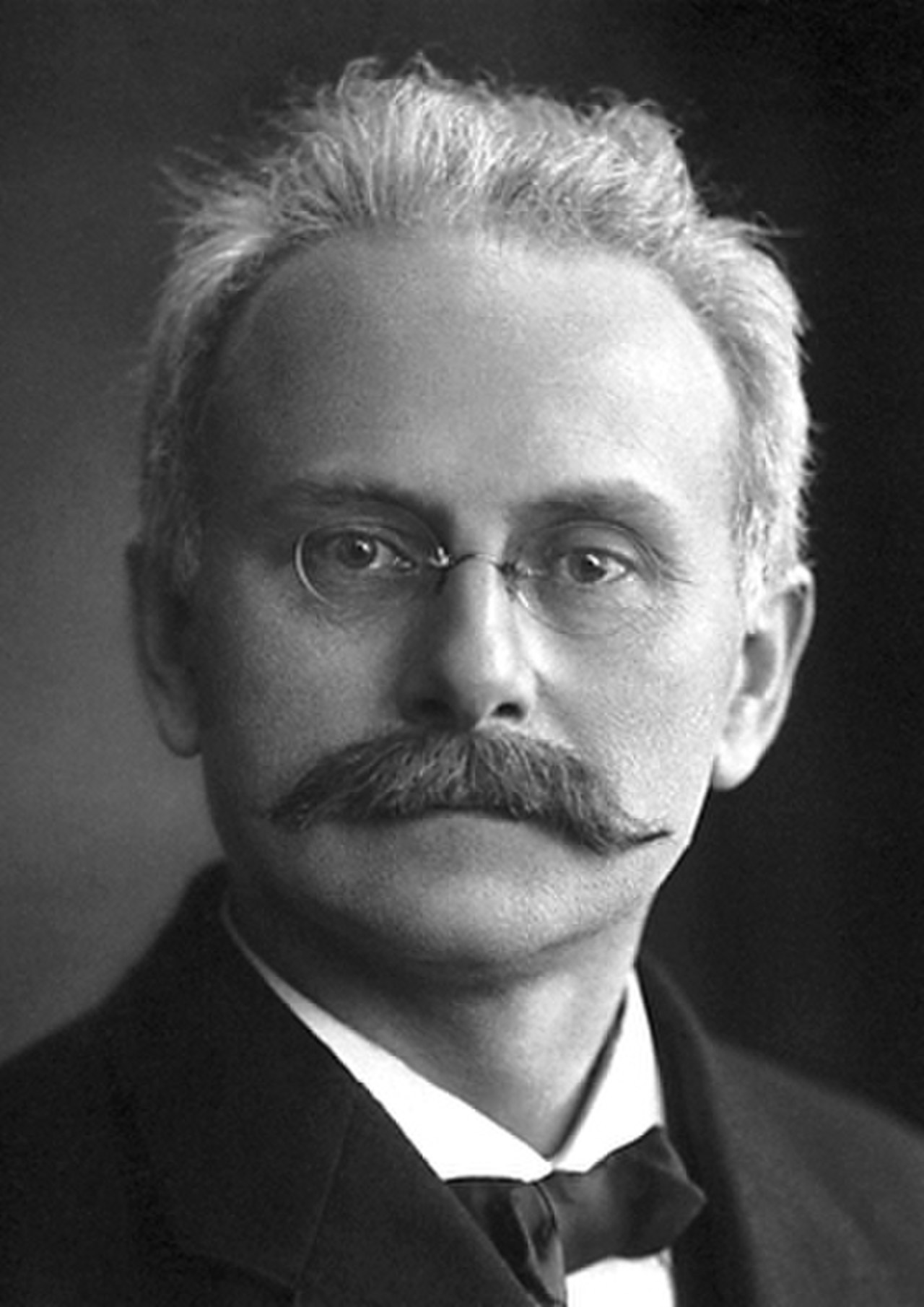Stark, Johannes (1874-1957), a German physicist, won the 1919 Nobel Prize in physics for his discovery of the Stark effect, an influence that an electrical field exerts on the emission of light and other electromagnetic radiation by atoms. He also noted the change in frequency of light emitted by atoms that are moving in a certain kind of gas-filled tube. This was the first observation of the optical Doppler effect in light from a source other than the stars.

Stark was born in Schickenhof, Bavaria. He received a doctor’s degree from the University of Munich. Later, he taught physics at the universities of Greifswald and Wurzburg and was president of a technical institute in Berlin.
